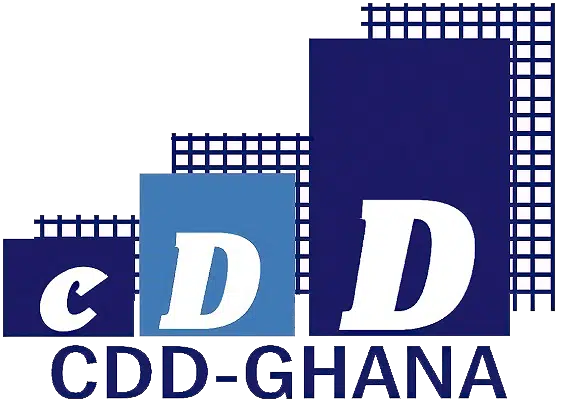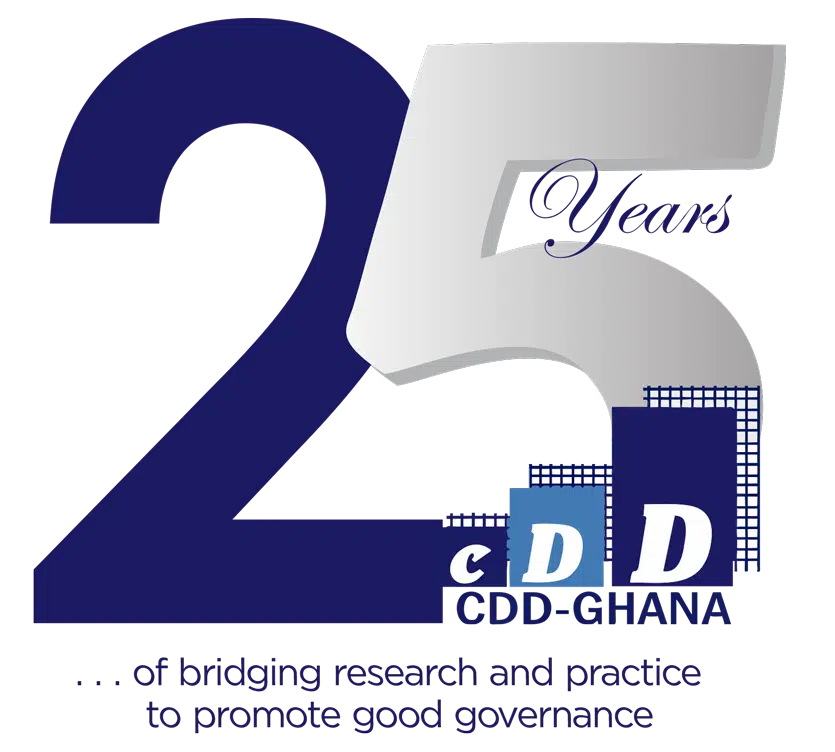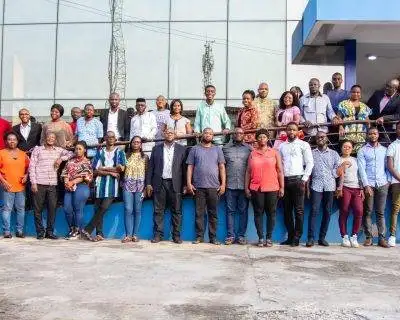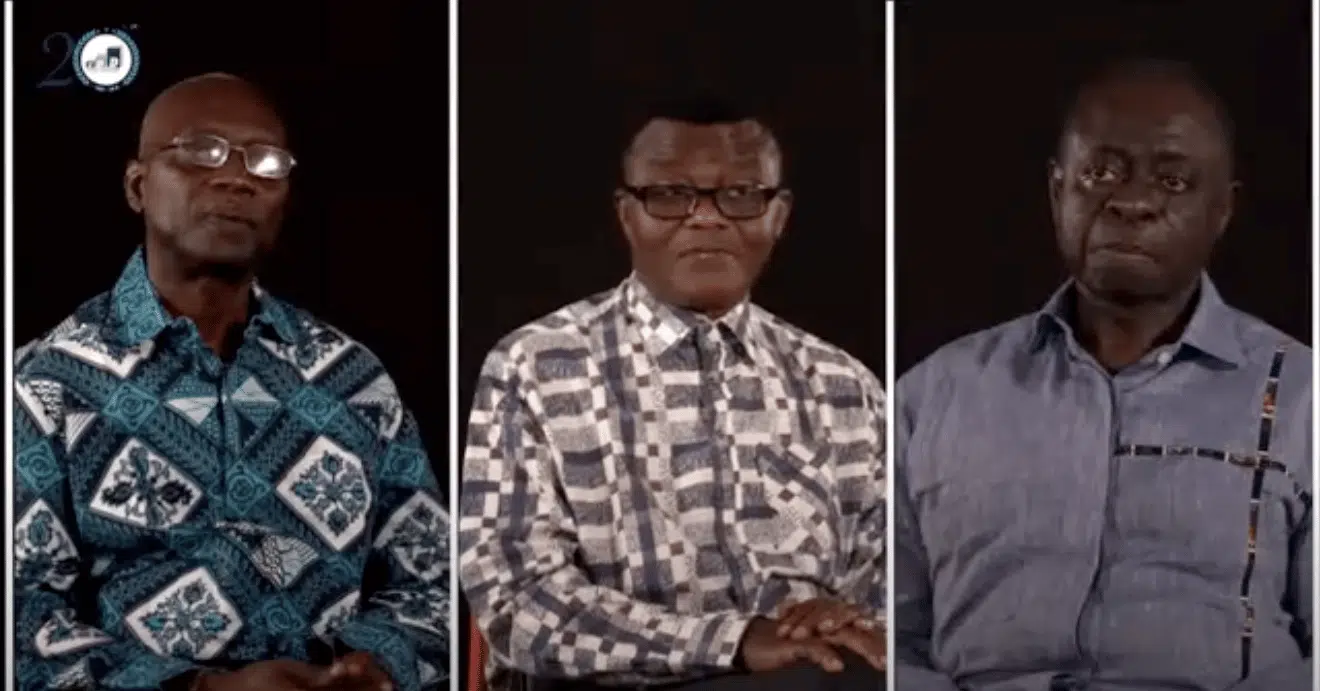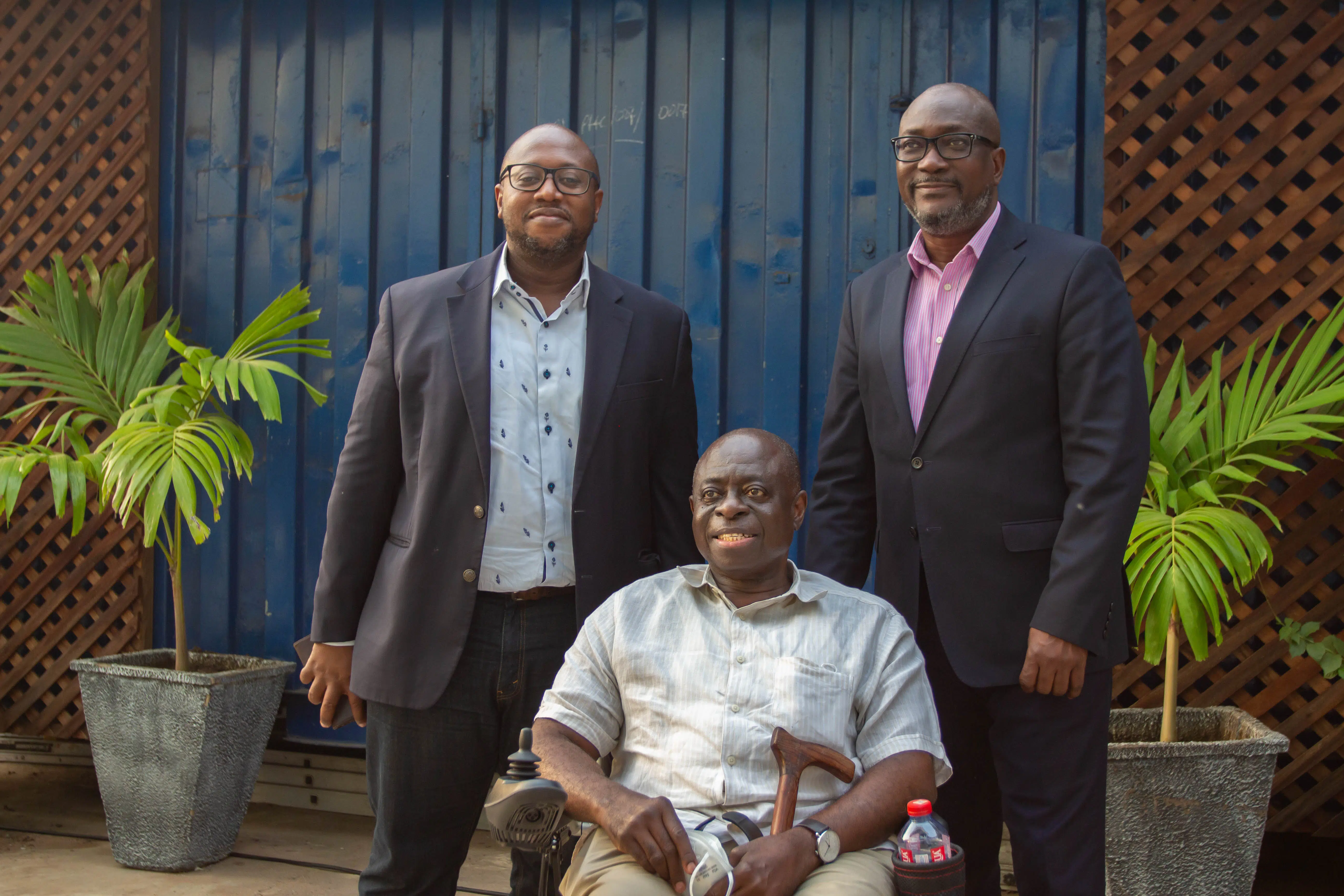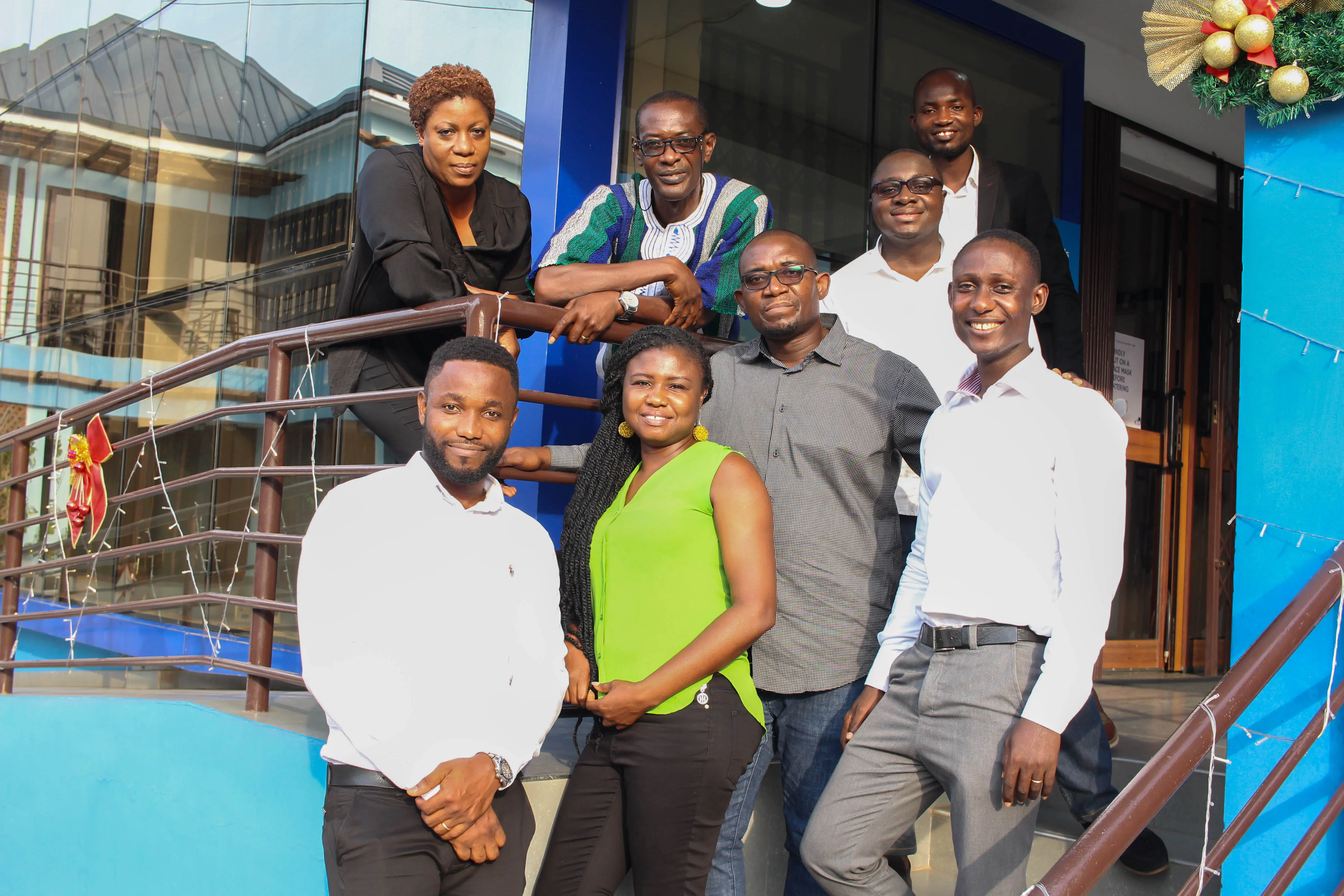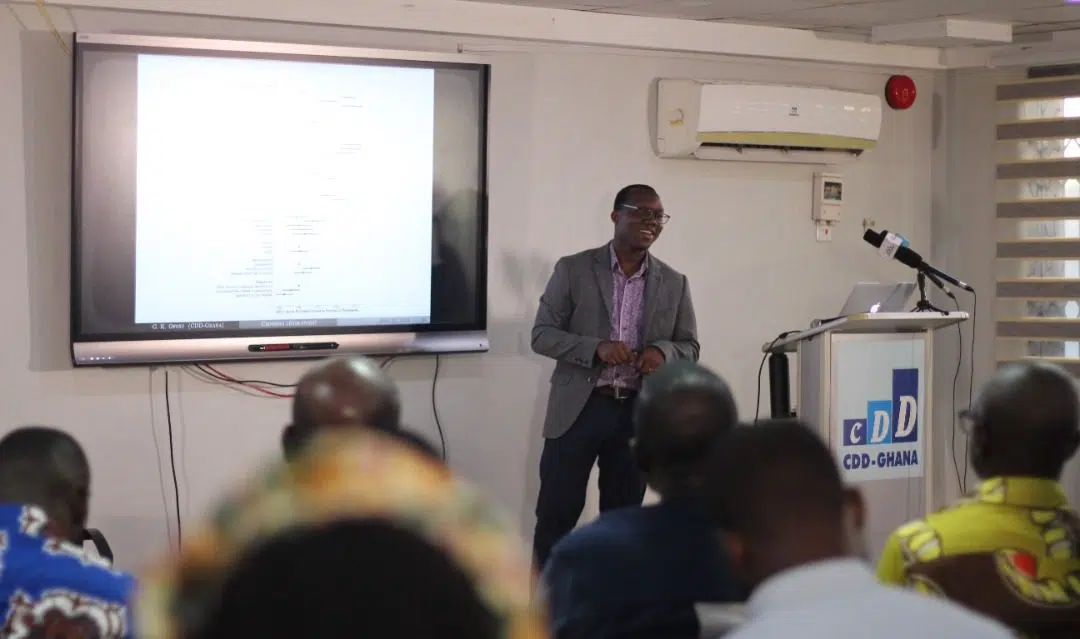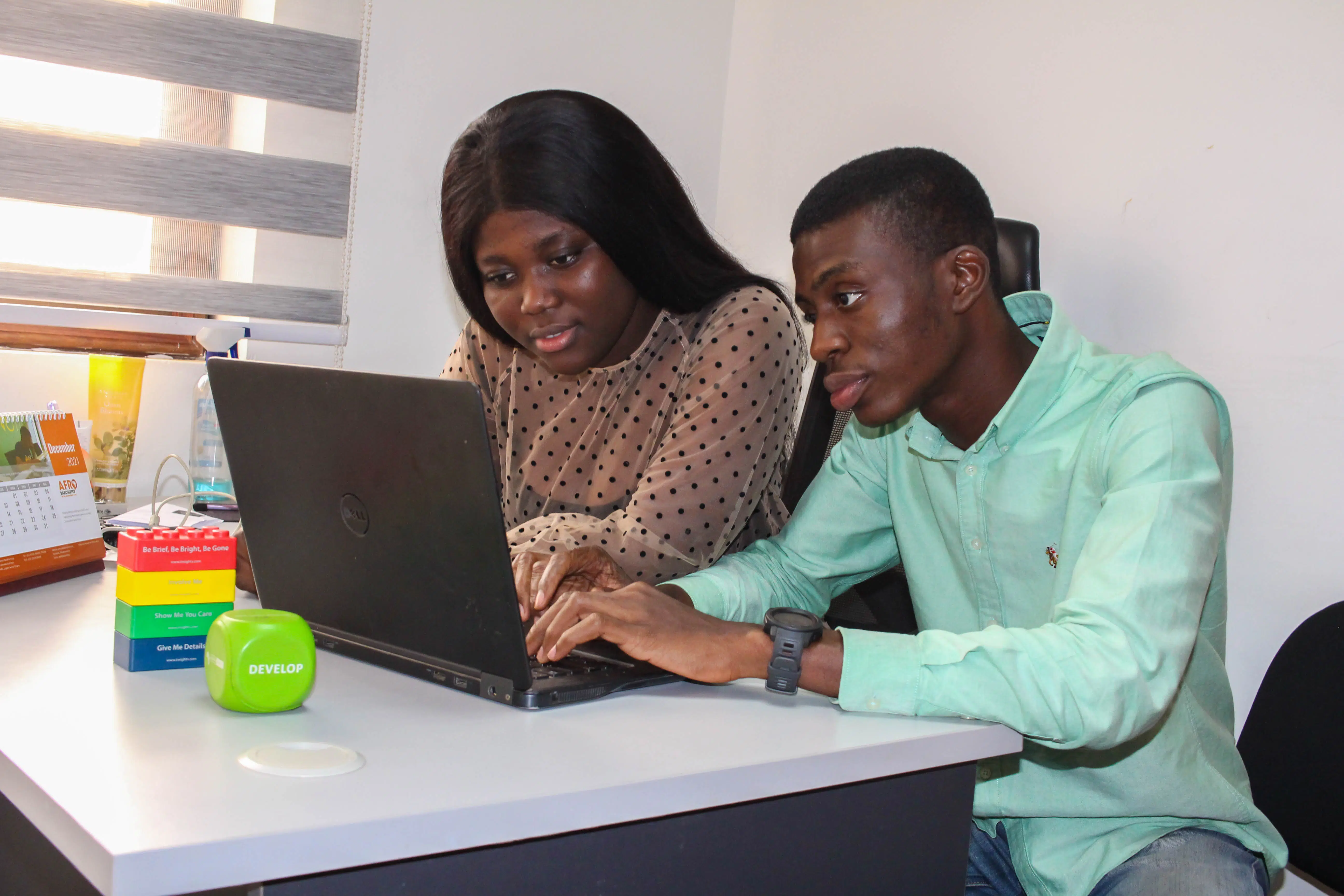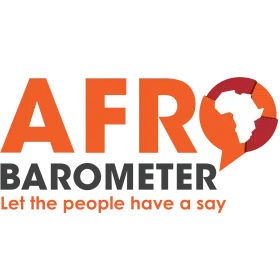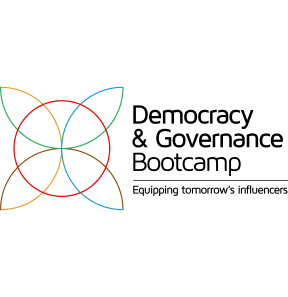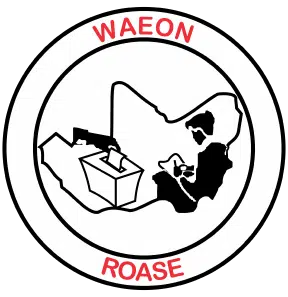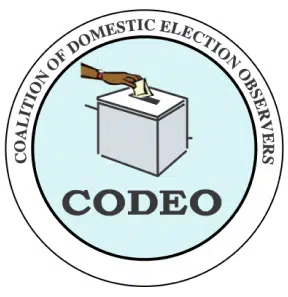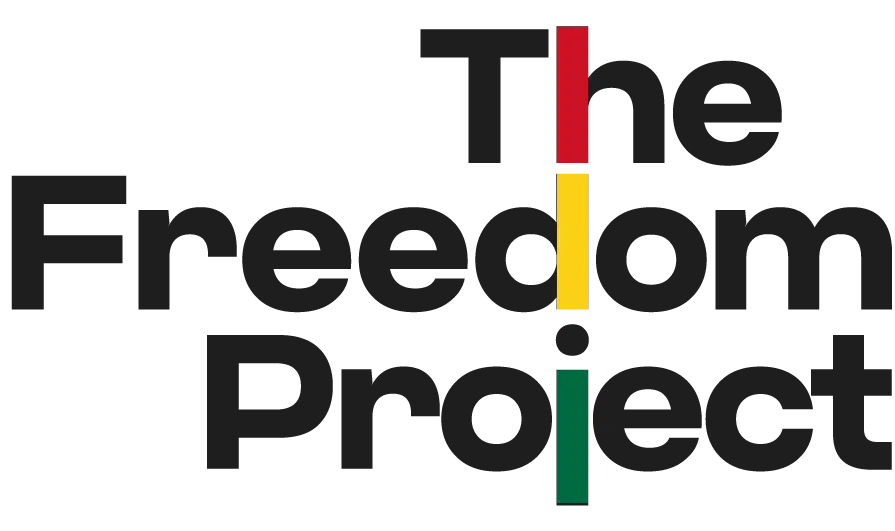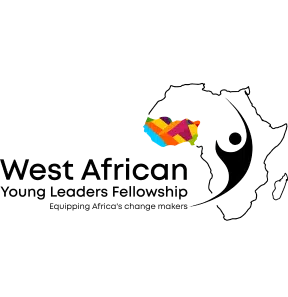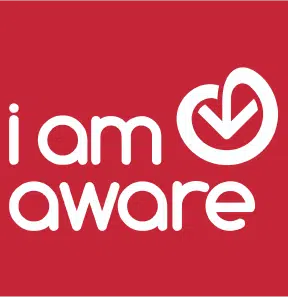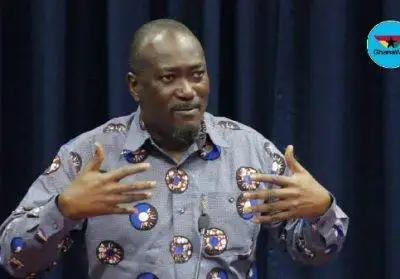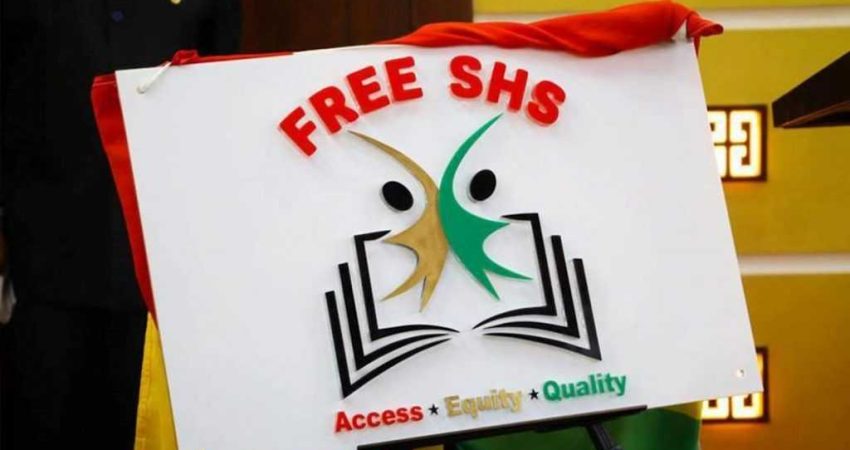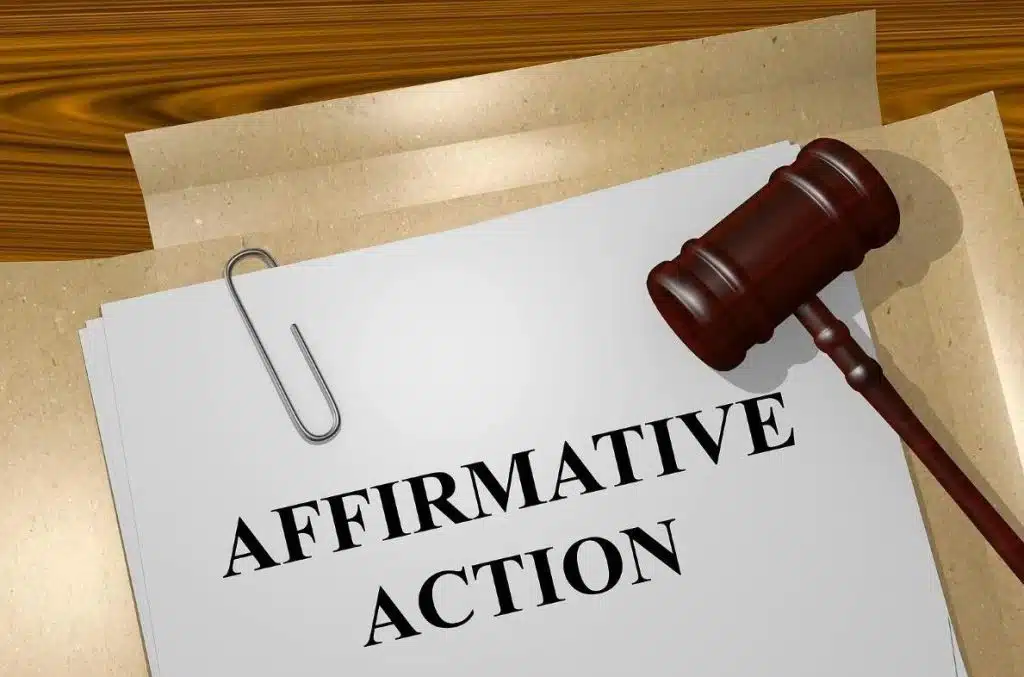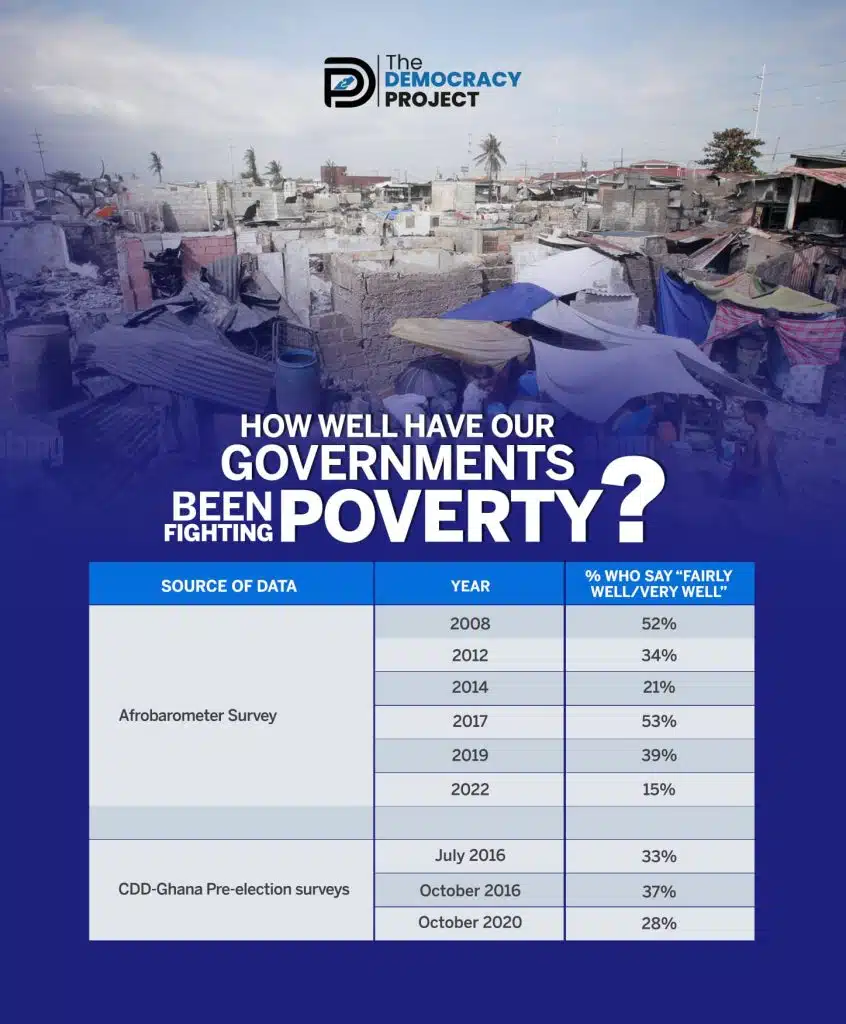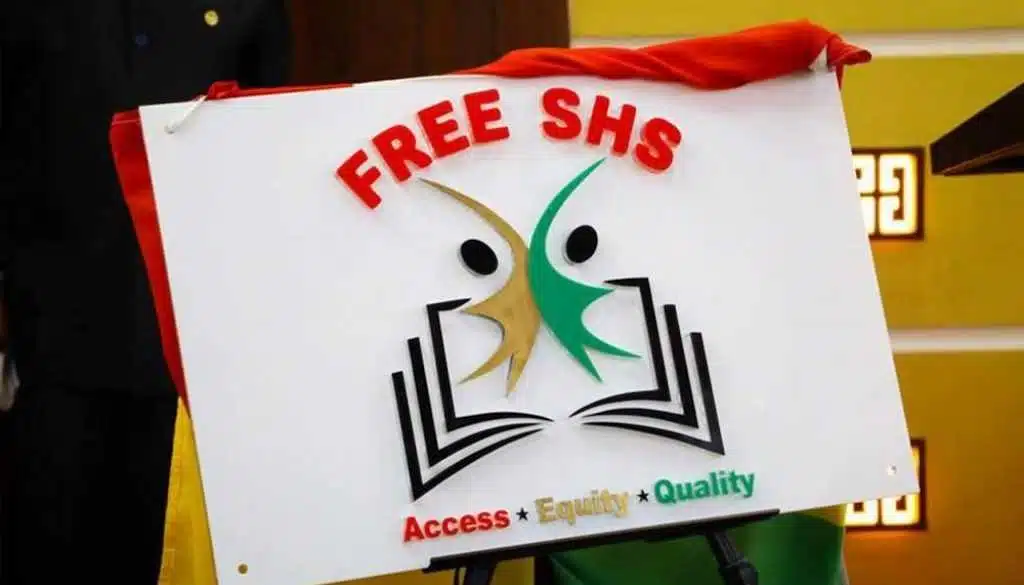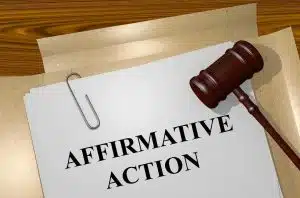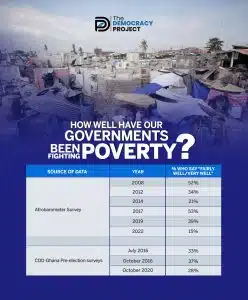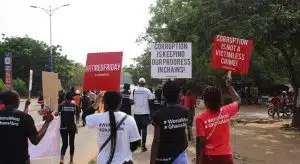In the 2017-18 academic year, the government introduced the Free Senior High School (Free SHS) program by essentially an administrative directive. Seven years later, the government has announced its intention to present a bill to parliament that gives legislative backing to the program. This is a step in the right direction. The timing of thought requires that efforts be made to reconcile the policy imperatives of free education with current political dynamics.
The Policy Imperatives and Rationale for Free SHS
Article 25 (1) of Ghana’s constitution guarantees every Ghanaian a basic right to “equal educational opportunities and facilities.” It goes on further to state in Article 25(1)(b) that “secondary education in its different forms, including technical and vocational education, shall be made generally available and accessible to all by every appropriate means, and in particular, by the progressive introduction of free education.”
The constitutional imperative is very clear – a basic right to education that provides not just equal opportunities for all Ghanaians but is also free.
To operationalize this constitutional mandate, the government of former President John Mahama introduced the Progressively Free SHS Program during the 2015-16 academic year. It was restricted to day students and covered a select number of fees (examination, entertainment, library, sports, culture, science development, etc.).
The current Free SHS Program gives full expression to the constitutional imperative as it covers all approved fees (boarding, admission, library, science center, computer lab, examination, utility, textbooks, a meal for day students, etc.) and includes public second cycle students in agricultural, vocational, and technical schools.
Under both versions (progressively free and the current Free SHS program), there is a recognition of a major barrier to accessing secondary education – cost. A point the current administration continues to argue in support of Free SHS.
The details of the bill are yet to be made public. The assumption here is that, once introduced and ultimately passed, the legislation will codify into law important aspects of the Free SHS program such as– a) policy rationale; b) rules of eligibility; and c) standardization of what the free covers (post-implementation the government has sometimes made ad hoc expenditures such as providing candidates for the West African Senior School Certificate Examination with pass questions in preparation for the examination).
The nobility of the constitutional imperative and the program rationale for free secondary education is not in dispute. However, every public policy process must contend with the political dynamics of the environment in which it occurs. And therein lies the prospects of some of the political challenges the Free SHS bill will face when introduced.
The Politics of the Free SHS Program
Our two main political parties – NDC and NPP – began their “fight” over the idea of free senior high school education as far back as the 2012 when the NPP made it a central part of its election campaign. The trajectory of the political arguments can be summed up as follows – a) progressively free(NDC) vs. completely free (NPP); b) free education (NPP) vs. quality education (NDC); and c) review of the program (NDC) vs. potential cancelation of the program by the NDC (NPP).
On Point A, the contention appeared not be over whether to make education free or not, but rather the pace at which the constitutional imperative of free education is realized. On Point B, the issue was mainly about priorities in the education sector and whether it was more important to address the quality issues first and the cost issues subsequently. Point C emerged post the implementation of the program and some the challenges encountered despite its well documented positives. The NDC argues that to address the challenges, it is imperative to undertake a comprehensive review of the program. The NPP counter argues that any comprehensive review of the program is simply an attempt to completely cancel the program.
In addition to the core political arguments captured above, here are some political realities the Free SHS Bill will encounter.
First, the configuration of parliament has changed, post implementation of the program, with both parties commandeering the same number of seats. It begs the question why the government did not seek legislative backing for the program during its first term when it had a strong parliamentary majority. The consequence of the current configuration is a more adversarial approach to legislative activities and behavior with recent examples on such matters as the budget, e-levy, censure motion of the previous finance minister, etc. It is in this environment that the ruling party will attempt to pass a Free SHS Bill.
Second, the Free SHS policy has public support. In 2020, Education emerged as the top priority for Ghanaians in the National Commission for Civic Education’s Matters of Concern To The Ghanaian Voter. Specifically, thirty-four percent (34%) said “the next government should continue the Free SHS program” with another thirty-three percent (33%) adding that ‘government should build more infrastructure to accommodate students.” In Afrobarometer Round 9, 2022 nine out of ten Ghanaians (87%) of Ghanaians agreed/strongly agreed that the “Free SHS policy has created opportunity for many who otherwise would not have been able to pay for secondary education”. In the same survey, fifty percent (50%) agreed/strongly agreed that “Ghanaians should support the Free SHS Program even if it leads to an increase in the number of educated citizens who can’t find a job.” Granted, these sentiments may have changed – positively or negatively – since these surveys.
Against this backdrop, especially in an election year, how will any opposition to the bill, once introduced be framed as? Will any suggestions of improvement to the program or recommendations to redefine eligibility requirements be weaponized against such voices? This is a challenge more for the NDC as they have regularly indicated their intention to undertake a comprehensive review of the program.
In the same breath, will the NPP capitalize on this and make it an election year issue? In the Global Info Analytics poll (April 2024), results showed the ruling party’s candidate leading the NDC’s candidate by 59%-32% among likely voters who identify themselves as being beneficiaries of the Free SHS program. What kind of political incentives does this provide for the NPP as the government introduces this bill?
It is not easy to undo public programs once implemented especially when such programs confer benefits on citizens. It is even more challenging if undoing such programs come with punitive political consequences. It is the reason in all the debates about the program, there has never been a call for its complete scrapping.
Politics and Public Policy: Points of Reconciliation
A bill giving legislative backing to the Free SHS program is long overdue. This is therefore a step in the right direction. However, parliament must find points of reconciliation across the political aisle for this to happen. To find those points of reconciliation, a few things must occur despite this being an election year where lawmakers are likely to prioritize the political incentives of the season than the policy imperatives. Here are three key points of reconciliation for lawmakers to consider.
First, there must be a genuine willingness to abandon the binary partisan arguments of framed as review vs. cancelation; good policy vs. bad policy; free vs. quality; NDC vs. NPP, protecting legacy, etc. These debates are not helpful in paving the way for the healthy debate needed to comprehensively address all aspects of the Free SHS program and pass it into law. If this is a national priority, the country needs consensus building and not binary partisan arguments. Otherwise, we can expect another e-levy type debate in parliament.
Second, there must be recognition that no public policy is perfect regardless of its good intentions. The Free SHS policy, without a doubt, has eliminated to a large extent the cost barrier to accessing secondary education. In addition, the enrollment numbers show growth since the inception of the program. While acknowledging the positive contributions of the program, implementation has come with challenges. The infrastructure deficit for example resulted in the creation of the double track as existing facilities could not absorb fully the sharp increases in enrollment. This recognition hopefully will help inform our lawmakers how to ultimately shape the Free SHS bill in such a way that it addresses some of these challenges.
Third, it may be time to have an honest conversation about the eligibility requirements of Free SHS given the cost burden on government. While the program is designed to remove the cost burden faced by parents and guardians, that cost burden has now become that of the government. Does the government have the resources for the long-term financial sustainability of the program? If the answer is “yes” then policymakers have nothing to worry about it. But if the answer is “no” then the rethinking of the eligibility requirements in the bill may be worth considering meaning should the program be more targeted? Ghanaians are closely divided on the idea of targeting the program. Again, in Afrobarometer Round 8 (2019), when Ghanaians were asked whether the government should have targeted the Free SHS program to only the poor, 48% agreed while 46% disagreed.
There is no guarantee as to whether these points of reconciliation will happen or not. One thing though is clear – our lawmakers have a choice as to how the legislative process will unfold once the bill is introduced. Hopefully, the opportunity to give legislative backing while addressing critical questions and issues about the Free SHS program will not be missed.
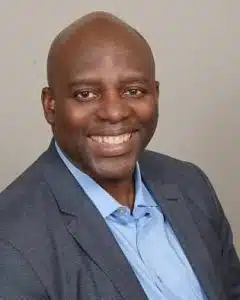 John Osae-Kwapong (PhD) is a Democracy and Development (D&D) Fellow at the Ghana Center for Democratic Development (CDD-Ghana) and the Project Director at The Democracy Project.
John Osae-Kwapong (PhD) is a Democracy and Development (D&D) Fellow at the Ghana Center for Democratic Development (CDD-Ghana) and the Project Director at The Democracy Project.
